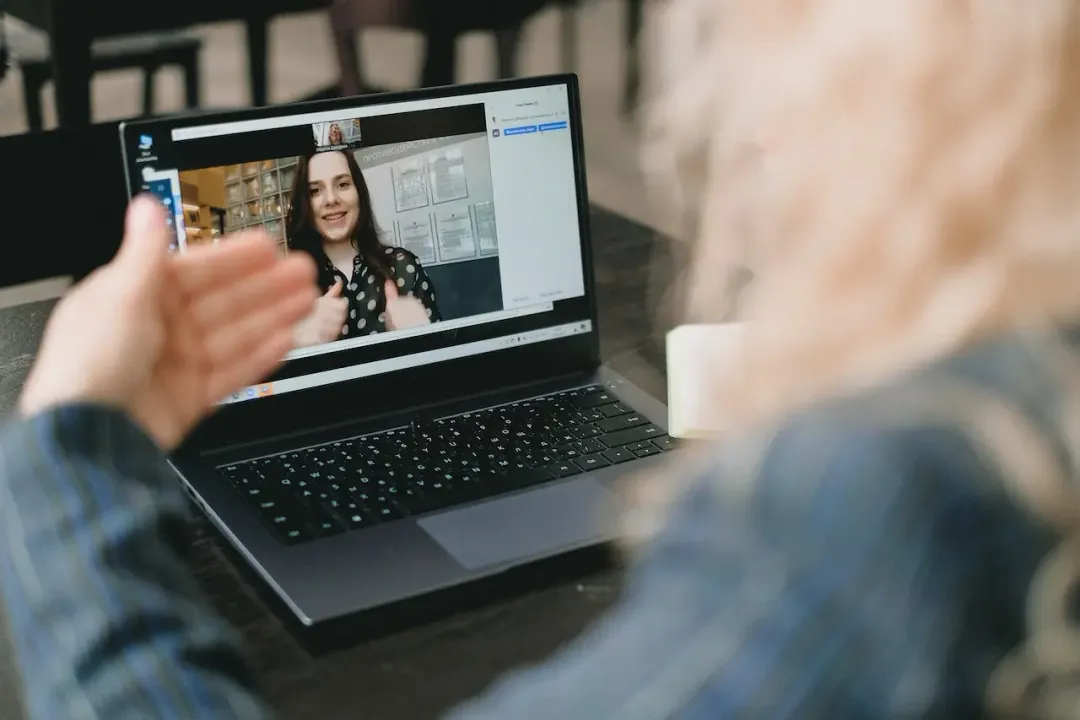
Lukasz Karwacki
5 March 2018, 7 min read

What's inside
- But here's what happens when we work with local clients
- Here's our most extreme example of rising meeting costs
At Sunscrapers, most of the time we work with foreign clients. While some of them are located in our time zone, others may be 16 hours away. We have an office in Warsaw where the majority of our team works together on a daily basis, but a part of our team is scattered around Poland.
But here's what happens when we work with local clients
We sometimes complete projects for clients located in Warsaw.
A few months ago, we were approached by our friends from an agency asking us to help with a project for an enterprise client. The challenge was to first, discover a viable business solution to the problem at hand (it was in food delivery area) and second, design and develop a mobile app that would embody that business idea.
Another time, a group of lawyers who wanted to build a tool for monitoring and analyzing communications flow in large institutions got in touch with me. On yet another occasion, it was an entrepreneur ready to launch a new startup in the AI space.
What struck me is that no matter the client profile – whether it was a single founder, a group of professionals, an agency, or an enterprise – our encounters followed a similar scenario.
So here’s what typically happened:
Intro Call
Prospect: Hey, we’ve got a project that we’d like to discuss it with you to get your opinion and quote. Me: Sure, I’d love to hear more and see if we’re able to help. Have you got a moment to discuss that now? Prospect: Yes, but let’s not do that over the phone. We'd prefer to meet face-to-face, and we could come by your office tomorrow, is that OK? Me: Yes, that's great. Looking forward!
I'm not saying that this happens every single time. It’s possible to have an initial discussion about the project on a 30 min call – that’s what we usually set up with remote clients. But I noticed that local clients prefer meeting at our office.
Fair enough, during a face-to-face meeting we have a chance to meet each other in person, show off our office and gear, and get to talk about the things we’ve done (we’ve got an entire wall covered with pics of all our clients).
We still need to summarise the meeting and exchange required docs via email, so the meeting itself is more for relationship building purposes. I always enjoy meeting new people and hearing about their stories, so I like that part.
So let's imagine that the meeting went well, we've got the brief and supporting materials, and sometimes we exchange a few Q&A emails to get the full picture. Next thing, we do our research, prepare the project estimate and recommendations, and put it all together in a nice project proposal.
At this point, we need to schedule a 30 min call where I walk our prospects through the proposal and explain our process, provide recommendations, and answer their questions.
Here's what it looks like most of the time:
Me: Hey, we’ve got a proposal ready. When would be the best time to discuss it? PC: Oh, that’s great! You know what – let me drop by your office to discuss it, I’ll be in town on Wed…
At this point, I think: “Hmm, maybe they will be in the area and it will be easy for him/her to stop by our office. Great, works for me!”
So we meet, and the proposal looks right – there’s nothing stopping us from proceeding quickly with the remaining steps:
- Final revision and adjustments to the project;
- Negotiating the terms of our contract;
- Signing the agreement.
I noticed that clients prefer face-to-face meetings for every single of these steps. That means we have to arrange 5-6 meetings before the project even begins!
Don’t get me wrong; I’ve got nothing against face-to-face meetings. They’re the best communication option, they build relationships and trust, and provide reassurance for clients – when they see our office, they can be sure that we’re a serious company.
But in person meetings don't always add value. In fact, many of these routine tasks can be handled through a quick call.
Let’s look at the pure time/cost comparison between an in-person meeting and online call:
That’s 1,5h saved on one meeting!
Let’s attach a monetary value to our prospect’s or our time and agree on, let's say, $50/h. Note that the equivalent if a person's time is often much higher, especially if we’re talking about senior management, business owners, etc. Let’s add transportation costs as well - $5 per trip (an average Uber ride).
Now it's clear that with 5 meetings before the project kick off, the real cost of face-to-face meetings exceeds the calls by $800. And that doesn’t even include unexpected problems such as traffic, parking, or my worst nightmare – meetings that last longer than necessary and mess up everything else scheduled for that day.
Here's our most extreme example of rising meeting costs
We once worked with an enterprise client who required us to meet on the other side of town. One-way travel time was over an hour, and the meetings typically included 2-4 people from our team (and up to 15 on the client’s side!).
Sometimes there's just no other way to organize work with large organizations, but just think about it: the cost of arranging these meetings was in itself probably comparable to building a functional MVP!
People pay a lot of attention to financial figures, but it’s easy to forget about the not-so-obvious cost of our most expensive resource:
TIME
Looking at stories like this one, we realized the potential of remote communication tools (starting with the good old phones!) and how efficient we could become in relation to other companies.
Working remotely forced us the come up with an efficient routine and tools – it was the only way to get the job done. We’ve also learned many best practices from our European and American partners.
For businesses that never works with remote clients, that type of working efficiency isn't that obvious.
Based on our experience, we now follow simple strategies to make sure we use time wisely during meetings:
Confirm that the meeting is essential
- Ask yourself if the meeting is a must or you can handle the subject matter successfully in some other way, for example, via Slack or email? (We had great success with that question and managed to transform a lot of potential meetings into email threads. In general, meetings work best for discussions/Q&A, brainstorming, reporting, or feedback.)
Confirm that you need to meet in person
- Ask yourself if a face-to-face meeting will add any particular value you won’t get in a call. (In-person meetings are recommended for workshops and training, otherwise, they are easily replaced by calls.)
- Look at the number of participants, their locations, and consider the total travel and time costs a face-to-face meeting would involve.
If you decide to host a meeting
- Confirm the agenda before the meeting;
- Confirm the participants (involve as few people as possible);
- Send detailed calendar invites to all participants (with directions/dial-in numbers and all other practical information);
- During the meeting – stick firmly to your time agenda, don’t let the discussion flow in other directions (usually nominating the meeting moderator can help);
- Summarise the meeting and list action points in an email to all participants.
It’s great to meet new people and spend time with our clients, but at the end of the day, we just want to make sure that we provide our customers with the most efficient service we can.
That way, they get to spend their money on building great products rather than being stuck in traffic on their way to a meeting.


